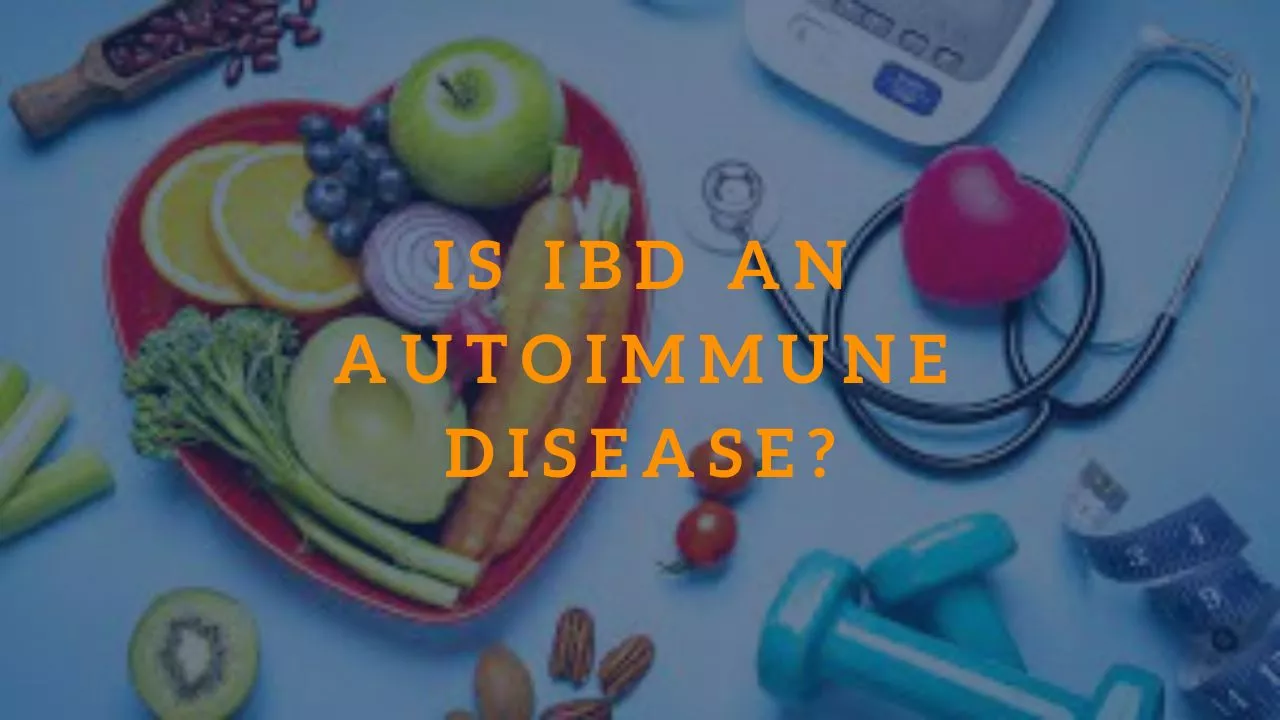IBD or Inflammatory Bowel Disease is a chronic condition that affects the digestive system. It is a collective term used to describe two conditions: Ulcerative Colitis and Crohn’s Disease. Both of these conditions cause inflammation in the digestive tract, which leads to various symptoms like abdominal pain, diarrhea, and rectal bleeding.
Autoimmune diseases are a group of conditions where the immune system mistakenly attacks the body’s healthy cells and tissues. Examples of autoimmune diseases include type 1 diabetes, rheumatoid arthritis, and lupus. But is IBD an autoimmune disease? Let’s find out.

What Causes IBD?
The exact cause of IBD is unknown, but it is believed to be a combination of genetic, environmental, and immune system factors. In people with IBD, the immune system mistakenly attacks the healthy cells in the digestive tract, leading to inflammation and various symptoms.
However, unlike other autoimmune diseases, IBD does not have a specific target or antigen that the immune system attacks. Instead, it is believed that the immune system is triggered by the bacteria in the gut, leading to inflammation and other symptoms.
Is IBD an Autoimmune Disease?
While IBD shares some similarities with autoimmune diseases, it is not classified as one. This is because IBD does not have a specific target or antigen that the immune system attacks, unlike other autoimmune diseases.
However, the immune system plays a significant role in the development of IBD. In people with IBD, the immune system is overactive and triggers inflammation in the digestive tract, leading to various symptoms.
Similarities between IBD and Autoimmune Diseases
Despite not being classified as an autoimmune disease, IBD shares some similarities with them. For example, both IBD and autoimmune diseases are chronic conditions that affect the immune system and cause inflammation in the body.
In addition, both IBD and autoimmune diseases can be treated with similar medications like immunosuppressants and biologics.
Treatment for IBD
There is no cure for IBD, but it can be managed with various treatments like medications, lifestyle changes, and surgery in severe cases. The goal of treatment is to reduce inflammation in the digestive tract and manage symptoms like abdominal pain, diarrhea, and rectal bleeding.
Medications commonly used to treat IBD include anti-inflammatory drugs like corticosteroids and immunosuppressants like azathioprine and methotrexate. Biologics like infliximab and adalimumab are also used to treat IBD by targeting specific proteins in the immune system.
Lifestyle Changes
In addition to medications, lifestyle changes can also help manage IBD. These include avoiding trigger foods, getting regular exercise, and reducing stress.
People with IBD are also advised to quit smoking, as smoking can worsen symptoms and increase the risk of complications like colon cancer.
Conclusion
While IBD shares some similarities with autoimmune diseases, it is not classified as one. However, the immune system plays a significant role in the development of IBD, and medications used to treat IBD can be similar to those used in autoimmune diseases.
If you have been diagnosed with IBD, it is essential to work closely with your healthcare team to manage your symptoms and prevent complications. With the right treatment and lifestyle changes, many people with IBD can lead a normal, healthy life.
See you again at our other interesting article.
